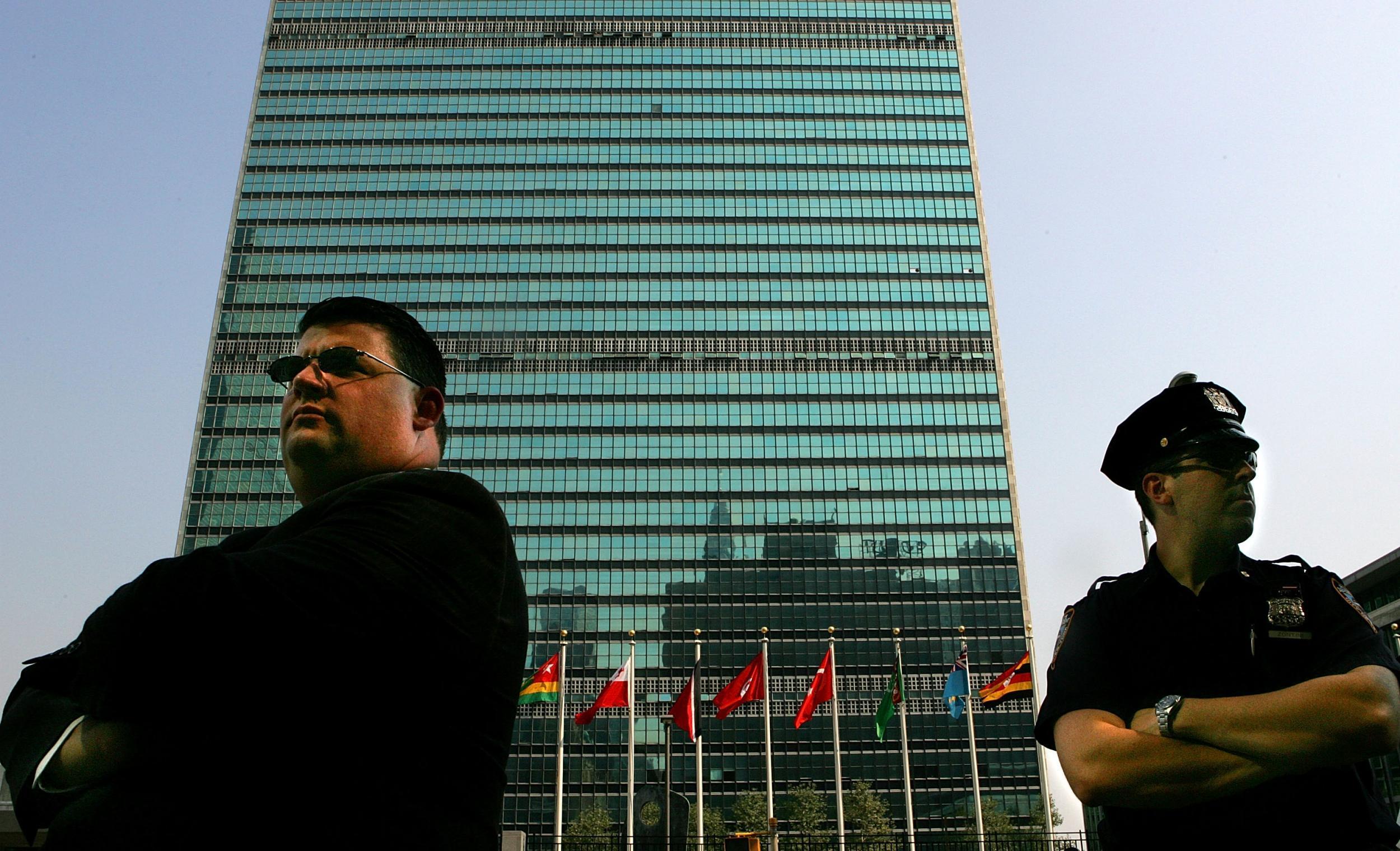The Nobel prize committee has to stop overlooking the human rights defenders who risk their lives every day
Too often they stand alone, courageous individuals and small communities forced to face down crooked legal systems, corrupt multinationals and oppressive governments

Your support helps us to tell the story
From reproductive rights to climate change to Big Tech, The Independent is on the ground when the story is developing. Whether it's investigating the financials of Elon Musk's pro-Trump PAC or producing our latest documentary, 'The A Word', which shines a light on the American women fighting for reproductive rights, we know how important it is to parse out the facts from the messaging.
At such a critical moment in US history, we need reporters on the ground. Your donation allows us to keep sending journalists to speak to both sides of the story.
The Independent is trusted by Americans across the entire political spectrum. And unlike many other quality news outlets, we choose not to lock Americans out of our reporting and analysis with paywalls. We believe quality journalism should be available to everyone, paid for by those who can afford it.
Your support makes all the difference.This summer, the father of Juana Raymundo became concerned when he called her mobile phone and found that it had been turned off. She worked as a nurse and was travelling to a local city to submit her work reports. She never arrived. Her body was found the next day on the banks of a local creek. Marks on her body indicated that she had been tortured.
Raymundo was a 25-year-old member of the Committee for Campesino Development (Codeca), a grassroots human rights organisation dedicated to promoting land rights and rural development for indigenous communities in Guatemala.
In a matter of days, the Nobel committee will choose the winner of the 2018 Peace Prize. As always, there are many worthy candidates. Yet it seems right and proper this year that the prize is awarded not to a person or an organisation but – for the first time ever – to a community: a collective award for the global community of human rights defenders.
Each day, these hidden heroes stand up and speak out when others are silent. They call for nothing more than the rights which everyone should be entitled. And as a result, each day, they risk their livelihoods, their liberty and in many cases their lives.
They face a world where human rights are no longer on the march. Freedom and democracy are on the defensive. The prize could not come at a more urgent time.
There is no doubt that everyone on the nomination list for the prize has contributed significantly to building more peaceful societies. But we need to recognise that many are only able to do this because human rights defenders laid the foundations for action. And they continue to do so.
These dedicated people are literally on the front line in the struggle for freedom, human rights and democracy. Many, like Raymundo, do not survive. Last year was the worst on record – more than 300 defenders were brutally murdered. The trend for 2018 looks just as bleak, if not bleaker. There is no better time for their sacrifice to be recognised with the Nobel Peace Prize.
And for those human rights defenders who have woken up to continue the struggle for another day, the prize would be a powerful ally – a chink of light during their darkest hour. Too often they stand alone, courageous individuals and small communities forced to face down crooked legal systems, corrupt multinationals and oppressive governments. Those who suffer most are activists working at grassroots and community levels, in isolated regions and from marginalised populations, who lack the networks and the resources to command international attention.
The global spotlight is an important ingredient for the survival and success of human rights defenders. That’s why the role of UN special rapporteur for human rights defenders was developed. It’s why organisations like Peace Brigades International – who provide crucial and direct life-saving support – also mobilise global networks when defenders are in imminent danger.
The prize would be a significant ally – a moral shield that represented international solidarity and support for defenders and their struggle. Never underestimate the power of a symbol; imagine a defender facing fabricated charges and sentenced to a long prison term, then imagine the difference it could make if they had just won a Nobel prize.
Indeed there is no more important year to award the prize to human rights defenders. This year is the 20th anniversary of the UN Declaration on Human Rights Defenders, which was designed to recognise the role and guarantee the rights of those who promote and protect other people’s. Over the last two decades it’s played a key positive role. But we must also recognise its limitations. Since it was signed, 3,500 defenders have been killed. It needs to change. Not least, it needs a system to sanction those members who do not cooperate with its mechanism. The prize would offer a powerful impetus for reform, ensuring the declaration can meet the challenges of the next 20 years.
We should all be human rights defenders, because our rights are not only granted by law but upheld and protected by communities and individuals. So it’s high time the world stood shoulder to shoulder with those who show us the rocky – but essential – path to peace. And the Nobel prize is the loudest platform we have to demonstrate that. It will shine a spotlight on these hidden heroes, sending a clear message – you are not alone. And to those who would harm them, it would give a stark warning: the eyes of the world are watching.
Michel Forst is the UN special rapporteur on human rights defenders; Susi Bascon is the director of Peace Brigades International UK
Join our commenting forum
Join thought-provoking conversations, follow other Independent readers and see their replies
Comments